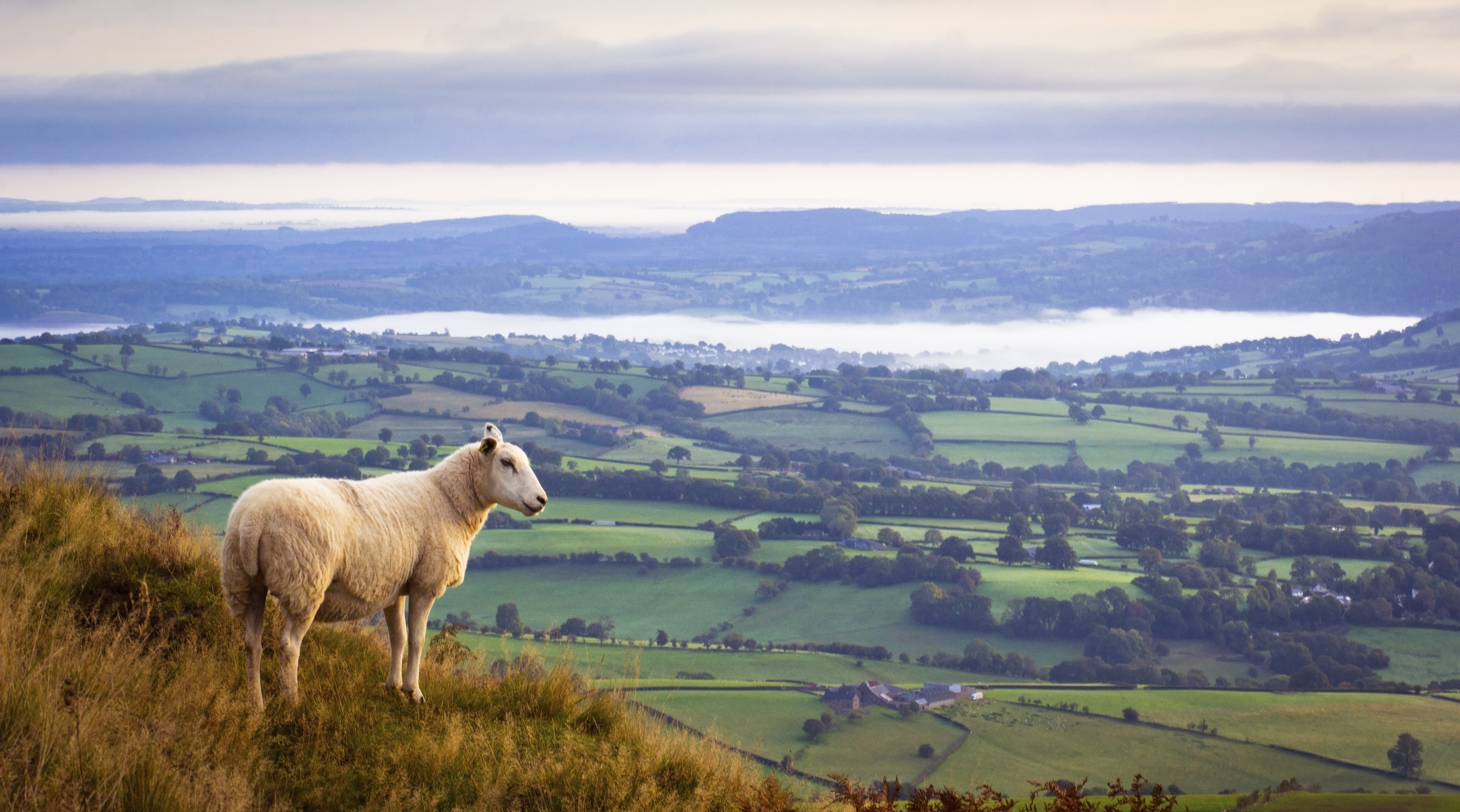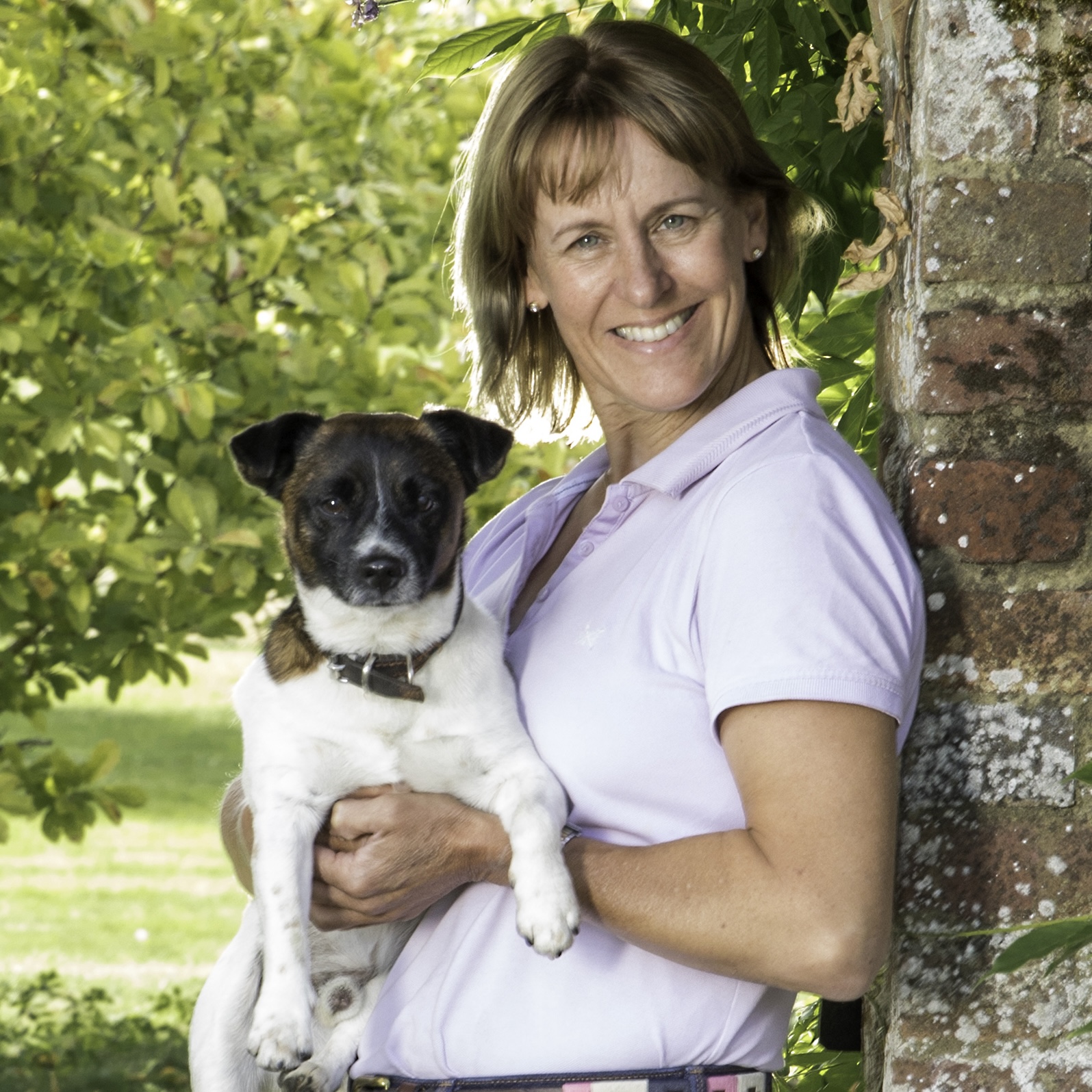Minette Batters: 'It would be wrong to turn my back on the farming sector in its hour of need'
Minette Batters explains why she's taken a job at Defra, and bemoans the closure of the Sustainable Farming Incentive.


Exquisite houses, the beauty of Nature, and how to get the most from your life, straight to your inbox.
You are now subscribed
Your newsletter sign-up was successful
It is with no small amount of sadness that I am writing my last column for Country Life. The reason for stopping is that I have been asked to lead a review of farming profitability for Defra Secretary Steve Reed. With a small support team, I have six months to write a report suggesting what the blockages to profitability are and ideas as to how they might be resolved.
I debated long and hard whether I should accept; this Government hasn’t won many farming friends since coming to power. When I weighed it up, there were two alternatives: first, someone else could be appointed, potentially froma non-farming background, which wouldn’t be great; secondly, Defra might decide not to do it at all. Given my apolitical status in the House of Lords, it seemed wrong to turn my back on the farming sector in its hour of need. Yet I am under no illusions as to how difficult it will be.
'It was one of the many downsides of leaving the EU without any coherent plan for farming'
The recent closure of the Sustainable Farming Incentive (SFI) has left 45% of farm businesses in England not knowing whether they will have the opportunity to apply for a new scheme. Given that farmers are still switching from the EU Common Agricultural Policy into the Environmental Land Management schemes, it is unacceptable not to have a fair approach that gives the same opportunity to all businesses.
The Conservative Government failed to spend the farming budget in its entirety. In 2023, it took the decision to raise the payment rates, in order to try to spend the money in the allocated time and to encourage more farmers onto the SFI platform. The Tories ended their time in office with a substantial underspend that had to be handed back to the Treasury—one of the many downsides of leaving the EU without any coherent plan for farming.
The fundamental problem with the SFI is that it has been ‘demand led’. There was no way of knowing how many farmers would join it or the value of their application. The schemes had no funding cap per business. This meant there was no limit to the amount of funding some businesses were applying for.
When I led the NFU, we called three times for a delay in the phasing out of the basic-payment scheme because we thought it was essential that policy and delivery should be piloted together. Had ministers listened to our concerns and ensured that the four nations of the UK transitioned together with an agreed framework, we would not be in this mess. What I cannot understand is why ministers new to Defra were not advised by senior civil servants on day one that changes would need to be made if all farmers in England were going to be able to apply for the SFI.
'I hope we do not give up on the approach taken by Finland, Japan, France and other countries that put food and cooking at the heart of the school day and curriculum'
A farming charity I’ve long admired is the Farming Community Network (FCN), so it is a great privilege to have been appointed its honorary president. As do many charities, the FCN punches well above its weight; its mission is to help those in need before they reach a point of crisis by supporting farmers’ health, wellbeing and resilience. I know from talking to my sister-in-law Rebecca, a volunteer, the pressure the FCN is under.
Exquisite houses, the beauty of Nature, and how to get the most from your life, straight to your inbox.
I recently spoke in a House of Lords debate on ‘Recipe for health: a plan to fix our broken food system’. Baroness Walmsley has been an outstanding committee chair and it will be interesting to see how the Government responds. I hope we do not give up on the approach taken by Finland, Japan, France and other countries that put food and cooking at the heart of the school day and curriculum. We should put the same emphasis on it as we do on STEM learning.
At home on the farm, we have passed our bovine TB test for the whole herd. It is always such a tense time and a huge relief when the last animal tests clear. As the cows go through the cattle crush, we trim their tails; it’s also a chance to weigh them and do an overall health check before they start calving at the end of April. Compared with last year, the farm is incredibly dry, having had no meaningful rainfall for the past three weeks and no more forecast for the next fortnight. We planted our spring barley a month ago and, luckily, despite the cold, dry weather, it has germinated and is growing away well.
Our local flower deliveries have kicked off, the tulips are spectacular and we have planted hyacinths for the first time, which have done well and smell amazing. After a winter rest, the polo ponies are heading back to play the summer season. We are busy harrowing grassland and are about to plant 30 acres of herbal ley — courtesy of the SFI. I feel very fortunate to be in it.
Baroness Minette Batters is a crossbench peer and a former NFU president. She runs a beef farm and rural business in Wiltshire.
